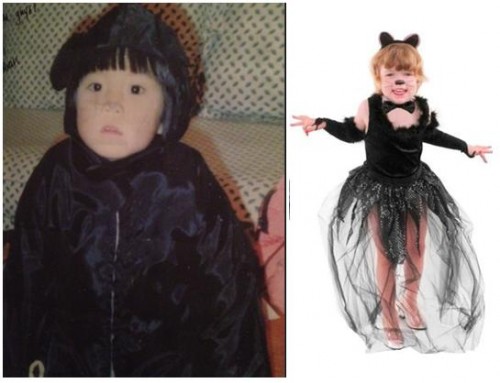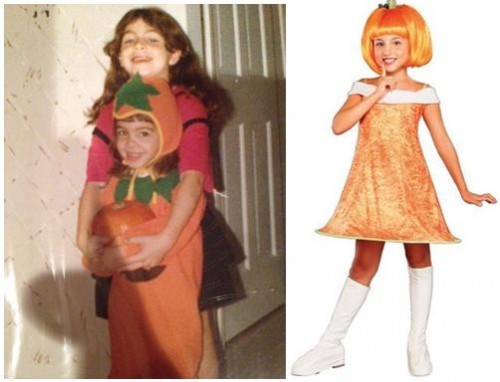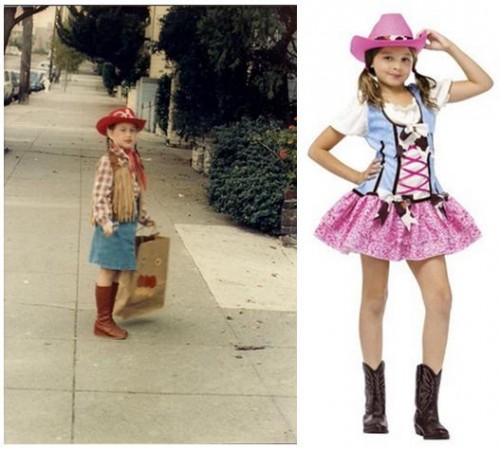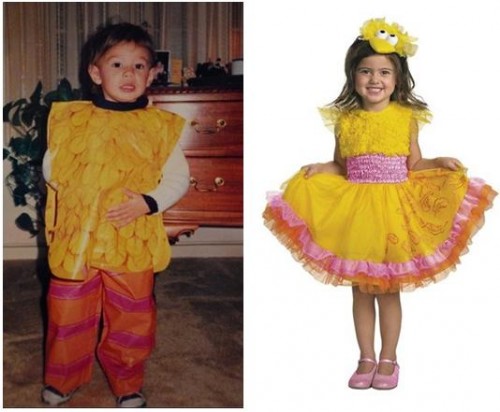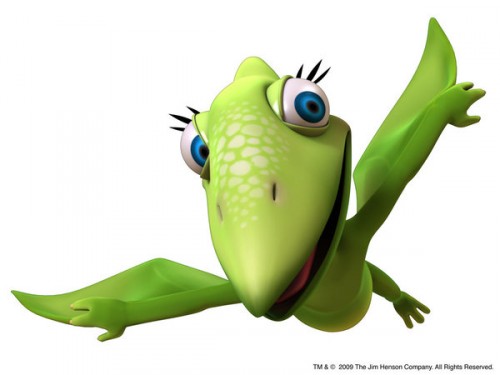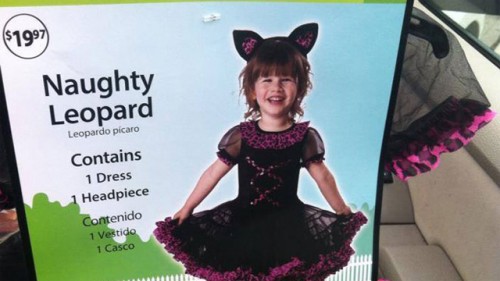In many parts of the Western world, Halloween (for adult women, and increasingly for girls too) has morphed into an opportunity or imperative to dress sexy. These costumes for women and girls are par for the course, where men usually go for scary, funny, or creative. Brandi H., however, found a link to “sexy costumes for men” at msn.com that claims “There are sexy options for men, too.”
Let’s take a look. While women’s sexy costumes are typically decidedly sexy (tight with lots of exposed skin), these men’s “sexy” costumes are simply suggestive. In two cases, they “suggest” that men should be sexually serviced or played with (the “breathalyzer” and the “ring toss”):
In a third, the joke is that he is a perfect candidate for casual sex (the “one night stand”):
In a fourth, the costume is simply sexy because it’s related to (stereotypes) about prostitution (the “hustler”):
So, when women go sexy for Halloween, it usually means being seen as a sex object for others. When men go sexy, it means joking about how men should be sexually serviced, have access to one night stands, or being in charge of and profiting from women’s bodies. A different type of “sexy” entirely.
The other two costumes are simply non-sensical in context. I suppose policemen (and men in uniform in general) are supposed to be sexy in American culture. And I guess bunnies are related to Playboy bunnies? But the costume certainly misses the mark.
Cross-posted at Ms.; originally posted in 2010.
Lisa Wade, PhD is an Associate Professor at Tulane University. She is the author of American Hookup, a book about college sexual culture; a textbook about gender; and a forthcoming introductory text: Terrible Magnificent Sociology. You can follow her on Twitter and Instagram.








